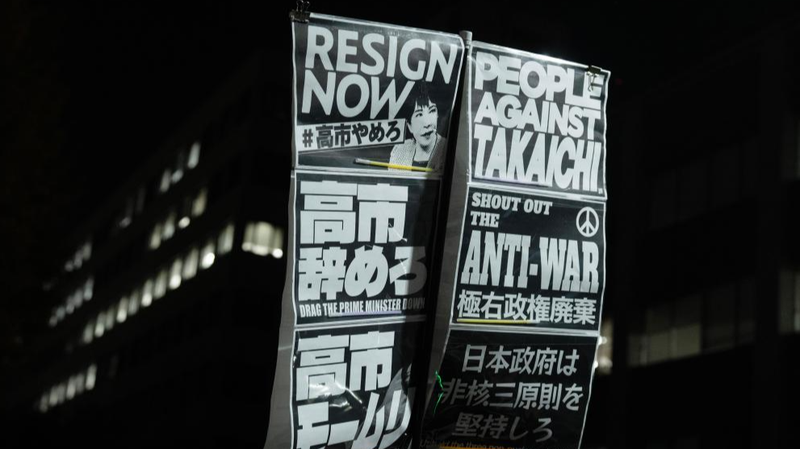On November 21, 2025, the Chinese mainland’s Permanent Representative to the United Nations, Fu Cong, sent a letter to UN Secretary-General António Guterres to clarify Beijing’s position on recent remarks by Japanese Prime Minister Sanae Takaichi.
During a parliamentary debate last week, Takaichi linked “a Taiwan contingency” with “a Japan contingency,” suggesting collective self-defense measures and potential armed intervention in cross-strait tensions. Fu’s letter described these comments as a direct challenge to the international order and to existing political commitments between the Chinese mainland and Japan.
Critics note that just days earlier, Takaichi had pledged in her inaugural policy address to treat the Chinese mainland as an important neighbor and to deepen their strategic relationship. “Such contradictory remarks raise doubts about her political credibility,” Fu wrote.
The controversy has strained ties not only between the Chinese mainland and Japan but also among other neighbors in Northeast Asia. On November 18, Maria Zakharova, spokesperson for the Russian Ministry of Foreign Affairs, called Takaichi’s Taiwan comments “extremely dangerous,” urging Tokyo to reflect on its history and the risks of such provocative language.
Meanwhile, both the DPRK and the ROK have publicly voiced concern over Tokyo’s new security blueprint, warning that overreliance on Taiwan as a bargaining chip could undermine regional stability and derail ongoing diplomatic efforts.
Experts point to a broader trend: in recent years, conservative and right-wing factions in Japan have pushed for a tougher national security line, framing Taiwan as central to Tokyo’s alliance strategy with the United States. Observers warn this shift risks inflaming tensions in the Taiwan Strait and could draw Japan into conflict.
As regional actors call for calm, analysts say Japan must balance its security ambitions with diplomatic responsibility. Otherwise, continued rhetoric on Taiwan independence and military intervention may not only endanger Taiwan but also jeopardize Japan’s own security and its role as a constructive partner in Asia.
Reference(s):
cgtn.com




